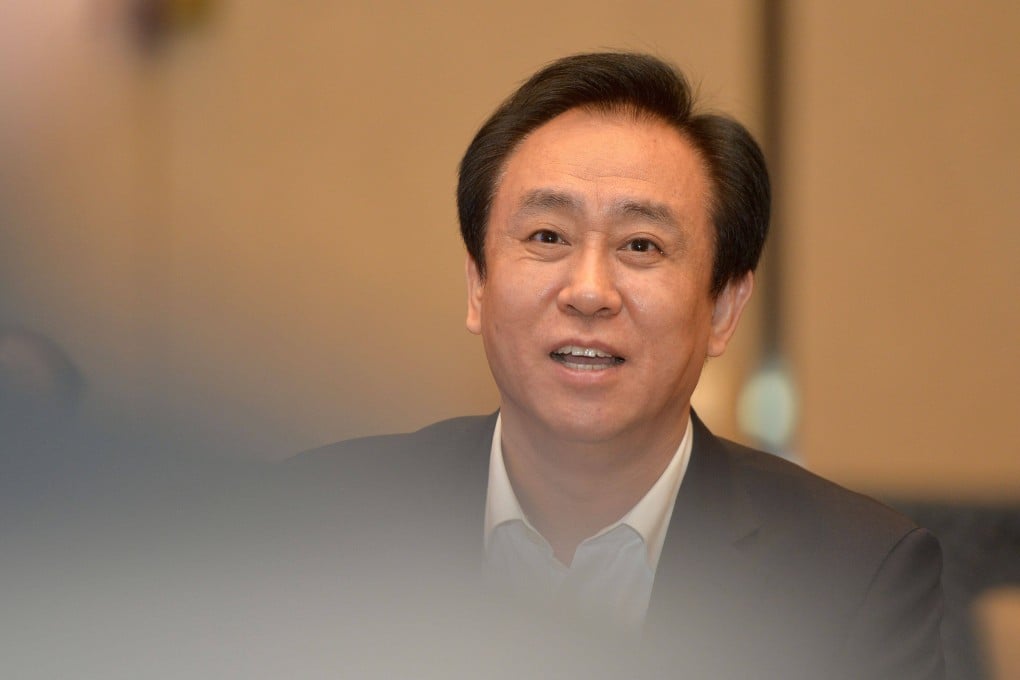Guangzhou court restricts China Evergrande founder Hui Ka-yan’s spending
It has been almost three years since China Evergrande, once the largest real estate developer in China, defaulted on its debts

Due to the company’s failure to comply with payment obligations under an enforcement notice, the Nansha District People’s Court in Guangzhou imposed spending restrictions on the company and Hui in areas that are not necessities for life or business, the filing, released on Tuesday, said.
According to Chinese law, individuals who are under spending restrictions are prohibited from travelling by plane, purchasing property or enrolling their children in private schools, among others. Executives at companies who are directly responsible for debt obligations face the same restrictions.
Since then, dozens of China’s largest developers have defaulted and are struggling to complete the homes they pre-sold or conclude the restructuring plans they have made with creditors. As a result, potential buyers who are worried about their employment prospects in a slowing economy have stayed on the sidelines of the property market, which has compounded the financial difficulties of the country’s developers.
China has been encouraging people to buy property by scrapping purchase restrictions and telling banks to make loans to developers so they can complete homes. But for the first 10 months of this year, new home sales continued to slide to around 6.75 trillion yuan (US$930 billion), about half of their peak in 2021, according to the latest data from China’s statistics bureau.